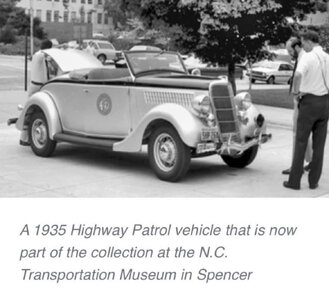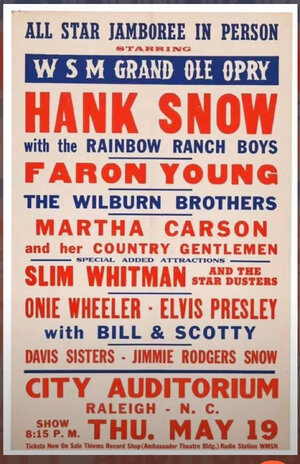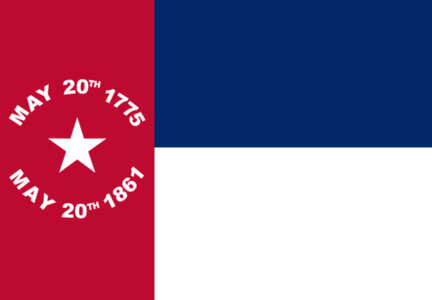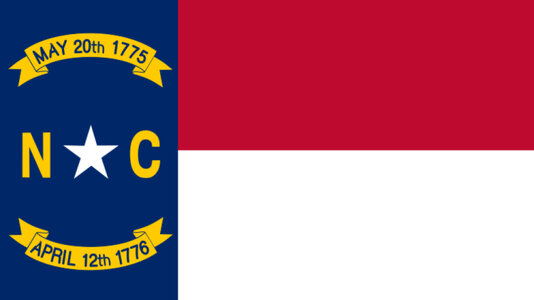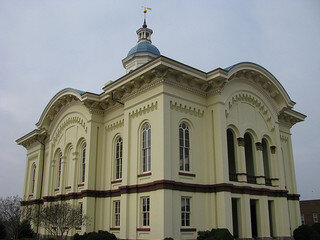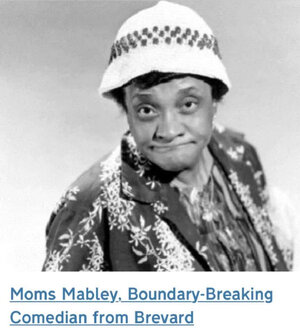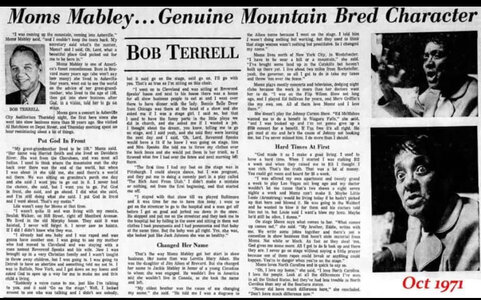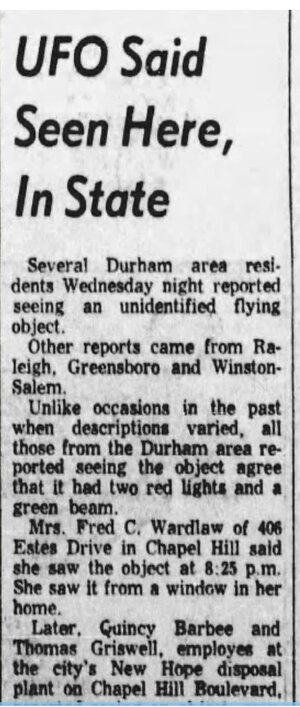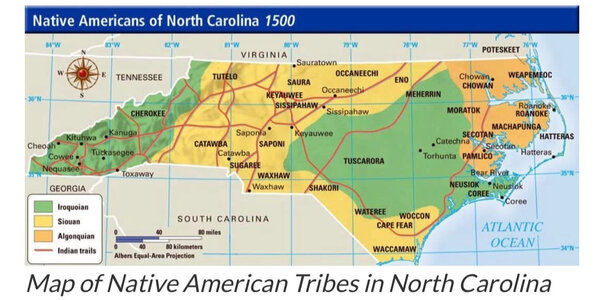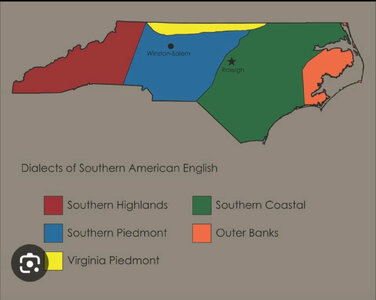I loved the reruns of Broderick Crawford’s ‘Highway Patrol’ when I was a kid but I didn’t really want to meet him or any of his cohort. I only recollect my Deddy being ‘pulled’ once and he did not receive a citation. I’ve always been convinced that the ‘Amran Temple’ front plate on our Mercury sedan had something to do with that. I, on the other hand, had only just gotten my license when I had my first Smokey encounter. Topping a hill on Old 421 heading back to Bonlee from Siler City one August afternoon in 1974 I met the Trooper. He tracked me at 73 mph. No doubt I was going to exceed that on the crest’s downside. It was the kind of dumbness that tends to envelope a 16 year old boy. I was grounded and the State took its pound of flesh as well as Judge Don Lee Paschal made sure. Deddy made me go to court and stand before the judge where I got a severe ‘talking to’ as well. I’m pretty sure there was some conspiracy there between Deddy and the judge.
We all knew that the Highway Patrol was not something to be trifled with and any encounter spelled trouble. Still does. Little did I truly understand how dangerous a law enforcement stop could be. For a white boy like me, or middle class white folks like my parents, the danger was nigh on to zero, but for young men and women of color the percentage chance of being ‘stopped’ or even simply ‘noticed’ for deadly mayhem skyrocketed.
To be sure, while guns have always been ubiquitous in places like
#DeepChatham, the proliferation of ‘easy-to-use’ firearms has raised the hazard level across the board. Everyone, most definitely law enforcement, is on edge - personal Doomsday Clocks for so many are now set at 11:55 pm. Guns have taken a dominant place in society. There is a barbarism afoot that challenges the very meaning of civilization. I’m not saying that violence is new or even historically particularly characteristic of the United States - global narratives of the past and present attest to humanity’s penchant for brutality.
In ‘Democracy in America’ — an 1830s survey of life in this country written by the traveling Frenchman Alexis de Tocqueville — he found that all across the land persuasion was a practiced habit. That persuasion was born of an agreement on our national starting point. Today that founding and the thinking around it has become the very seed of our polarization and abandonment of persuasion. That happened once before in the mid-eighteenth century over the definition of the breadth and depth of human-ness — and greed and prejudice drove us into Civil War. Today practically all of the principles once agreed upon at least nominally are contested and persuasion is dead. So-called “originalísim” has doomed us to self-serving prophetic divination in the name of filthy lucre over even the simplest awareness of our common welfare. Public Health literally suffers. And violence grows. And guns and shootings, one-on-one and mass, plague us, one-and-all.
Todays violence calls me back to my youth and the nightly reporting on the war in Vietnam. The reporters were often brought to us mid-firefight and we at home were not spared the carnage. Those stark images helped to end that fool’s errand (note that the public no longer gets that type of story ‘back home’ — thus, war without end). I had hoped that the cell phone’s omnipresent camera might do the same with the violence, especially the kind that has always made the police stop deadly for so many. Perhaps it has - one has to imagine in a world where persuasion no longer has a place just how bad things <could> be. I cast no aspersions on any specific individuals in law enforcement, though doubtless some are deserving, but rather a kleptocracy that has taken on aspects of an idiocracy.
When, 96 years ago, a Highway Patrol was established to guard and police the roads of North Carolina, things weren’t perfect on those byways and backroads and racial and class-based violence was a fact - guns were even abundant though not nearly in models as deadly as today - but some degree of persuasion did seem to be hanging on. Unfortunately the quality that de Tocqueville detected as so fundamental appears to have evaporated in the face of the heat and glare of greed-driven violence.
#OTD (May 20) in 1929, 67 men reported to the 1st State Highway Patrol training camp in
#MoreheadCity-27 were chosen-3 each for 9 Districts with 9 Lieutenants commanding each. In July the 36 Troopers, plus statewide chief, Charles Farmer, toured 1028 miles of the state-Beaufort to Asheville to Raleigh to raise support/awareness.
https://www.ncdcr.gov/.../highway-patrol-outfitted-in...
